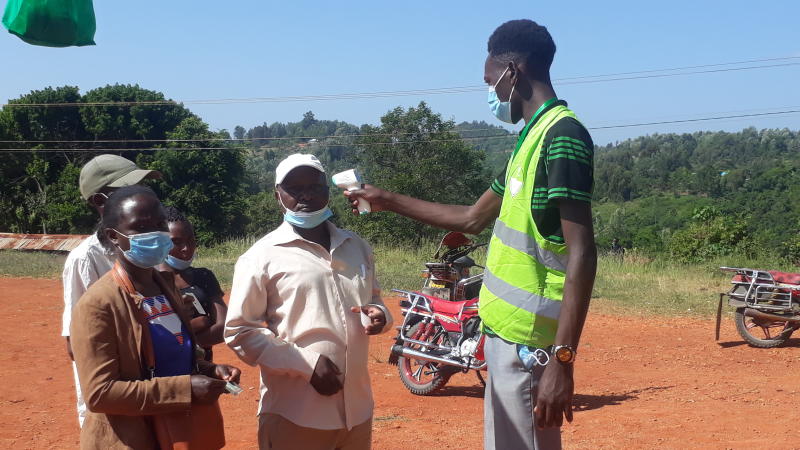
I board a matatu at Gitaru in Kikuyu in the ‘diseased’ Kiambu County, headed to the other ‘diseased’ county, Nairobi. Unsurprisingly, the conductor is wearing his mask around his neck like a scarf and he throws saliva in all directions as he calls for commuters at the top of his voice. Two youthful passengers in front of me ape him and freely take air in and out of their nostrils and sometime mouths.
There is the guy at the window seat in the rear, animatedly talking to his friend a seat away. Mask in hand, he narrates how he cheated curfew enforcers the previous night with so much excitement that one would think he has just won the jackpot.